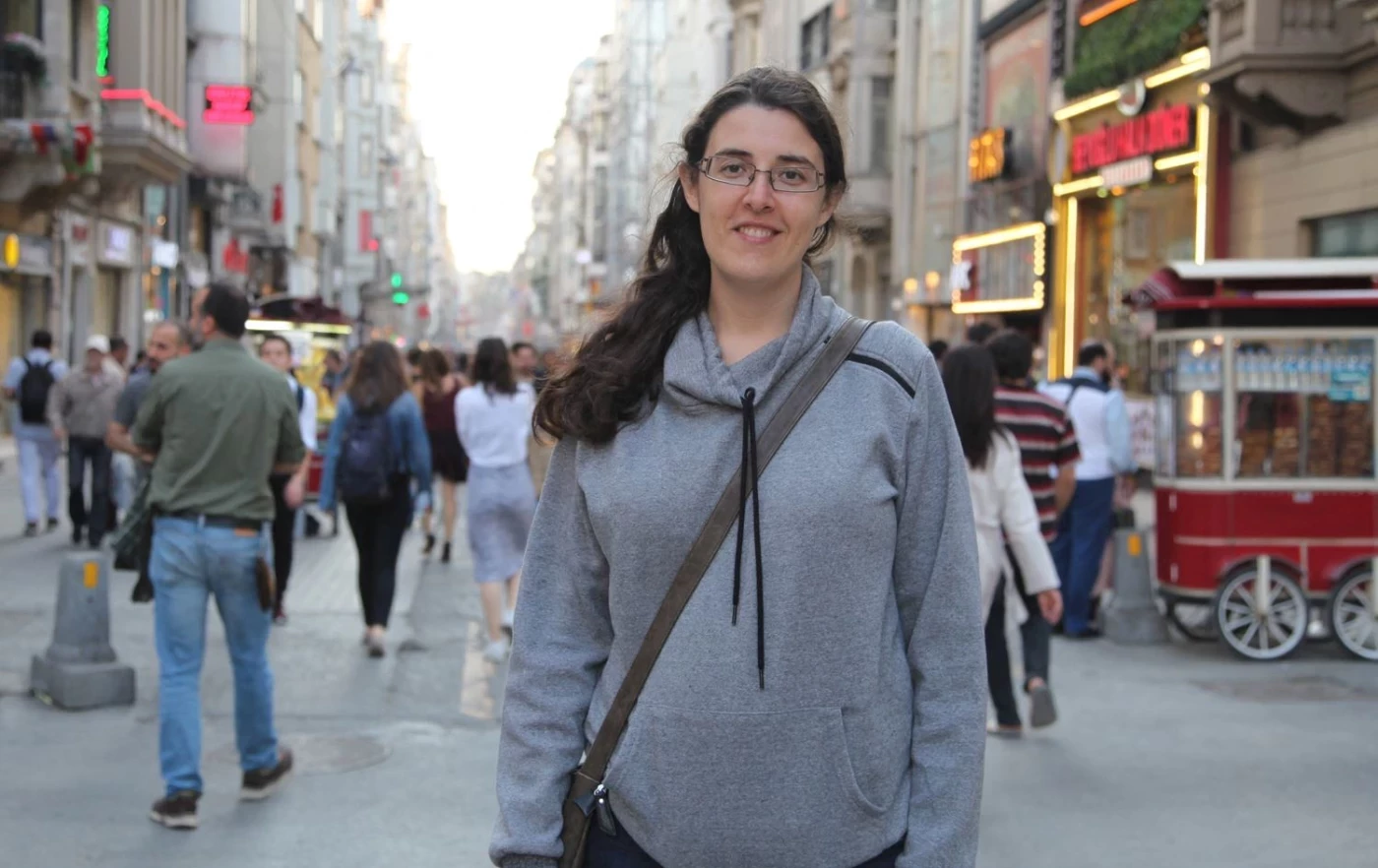ERBIL, Kurdistan Region of Iraq – Israeli-Russian researcher Elizabeth Tsurkov on Sunday said that her kidnapping by Iraq’s pro-Iran faction Kataib Hezbollah did not sully the image of the country's people for her, noting that she was able to find compassion even in "a small minority" of her kidnappers.
Over two years after Tsurkov was kidnapped in March 2023, Iraqi Prime Minister Mohammed Shia’ al-Sudani announced in early September that Tsurkov had been released, with a later statement by US President Donald Trump confirming the researcher's release, directly naming Kataib Hezbollah as her captors.
Tsurkov, a PhD candidate at Princeton University who had supposedly entered Iraq for research purposes using her Russian passport, was kidnapped by Iraq’s Iran-backed Kataib Hezbollah armed group, who accused her of being an Israeli intelligence (Mossad) agent.
"I would like to make it clear that my tragic experience in the grip of these scumbag brigades did not change my feelings toward the Iraqi people, these lovable people who are accustomed to benevolence and whose nature is generosity," Tsurkov wrote on X.
"Even among them, I found compassion, generosity, and patriotism, even if they were a small minority within a gang composed of wicked and ignorant people," she added.
Following her release, Abu Ali al-Askari, a Kataib Hezbollah official, claimed that Tsurkov’s release was carried out by the Iraqi government at Sudani’s directive, to avoid a “potential strike” and to compel the US-led international coalition to fulfill the agreement of their military withdrawal.
Askari further accused the researcher of being an "Israeli spy," who had entered Iraq during the popular Tishreen protest movement in 2019 to "incite Shiite infighting."
Media affiliated with Iraq’s Iran-backed armed factions released a video of Tsurkov in custody in November 2023, where she allegedly admits to having been employed by Mossad and the US’ Central Intelligence Agency (CIA) to aggravate intra-Shiite conflicts in Iraq through devising the student-led protests of 2019.
A senior Israeli official in July denied the allegations that Tsurkov was a Mossad agent, claiming that she is “an innocent Israeli citizen doing doctoral work.”
Tsurkov further noted that she is waiting on the publication of a New York Times exclusive report on the story of her kidnapping based on an interview with her and various other sources, after which the researcher said she will be able to "publish more details."
Kataib Hezbollah, a group under Iraq's Popular Mobilization Forces (PMF), has been designated a terrorist organization by the US. Numerous factions within the PMF have routinely been accused of acting with impunity and maintaining strong ties to Iran despite the group’s integration into the Iraqi armed forces.
Iraq maintains a hardline stance against Israel. The country’s Law of Criminalizing the Normalization with the Zionist Entity prohibits officials and media personnel from engaging with Israel in any capacity, making it punishable by death.



 Facebook
Facebook
 LinkedIn
LinkedIn
 Telegram
Telegram
 X
X


